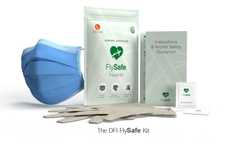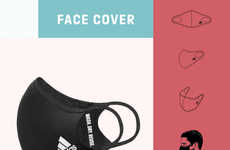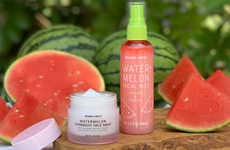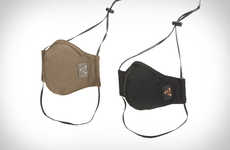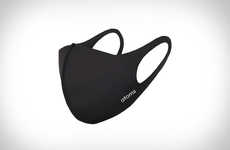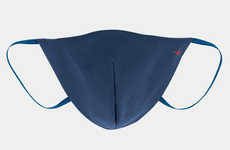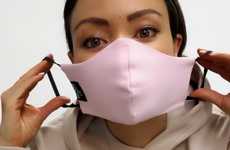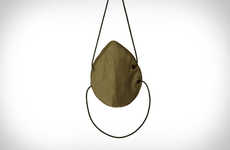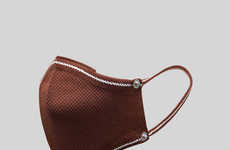


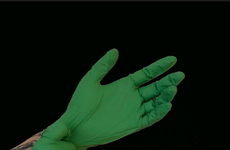
Brands are launching biodegradable, single-use masks and gloves
Trend - The COVID-19 pandemic has lead to a shortage of personal protective equipment for frontline workers and the public. As a result, brands that have pivoted production to offer a solution to this are creating single-use face masks and gloves that can be composted after use to reduce waste.
Insight - The COVID-19 pandemic has brought awareness to many consumers about the amount of single-use products used by the health industry, leading many eco-conscious consumers to be concerned with the number of disposable products filling up landfills and waterways. This demographic is asking the industry to re-examine these practices and have turned to brands to provide sustainable alternatives to mitigate the environmental impact.
Insight - The COVID-19 pandemic has brought awareness to many consumers about the amount of single-use products used by the health industry, leading many eco-conscious consumers to be concerned with the number of disposable products filling up landfills and waterways. This demographic is asking the industry to re-examine these practices and have turned to brands to provide sustainable alternatives to mitigate the environmental impact.
Workshop Question - How can your brand pivot its product to be environmentally-friendly to appeal to eco-conscious consumers?
Trend Themes
1. Compostable PPE - Brands are creating single-use face masks and gloves that can be composted after use to reduce waste in response to the demand for PPE during COVID-19.
2. Sustainable Fabric Masks - Companies are creating face masks from sustainable fabrics like coffee and bacterial cellulose in response to the demand for non-medical protection in public.
3. Compostable N95 Masks - Researches are developing compostable N95 face masks made from local wood fibers to address the detrimental environmental impact of increased use of disposable masks during COVID-19.
Industry Implications
1. Healthcare - The healthcare industry can explore sustainable and compostable PPE to mitigate the environmental impact of current practices.
2. Fashion - The fashion industry can use sustainable fabrics like coffee and bacterial cellulose to revolutionize the use of face masks for everyday wear.
3. Environmental - The environmental industry can help bring awareness to the detrimental impact of one-time use face masks on the planet and explore new sustainable alternatives like wood fibers to create compostable N95 masks.
